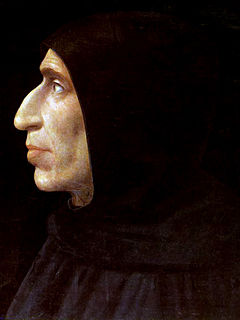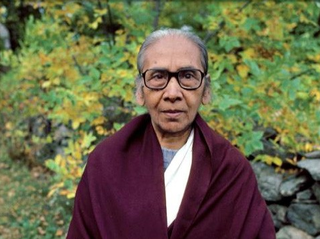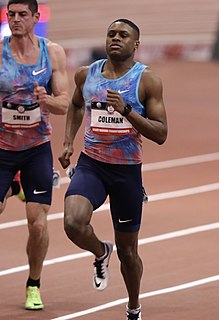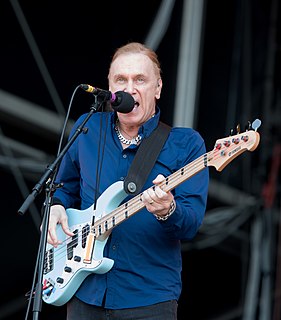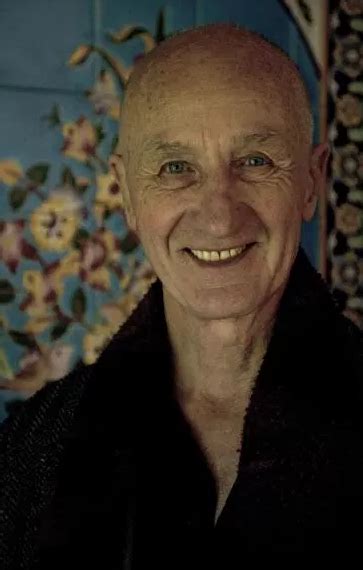A Quote by Paulo Coelho
An enemy always represents a weakness. This might be fear of physical pain, but it could also be a premature sense of victory or the desire to abandon the fight because it is no longer worthwhile.
Related Quotes
"Each moment you fight is a gift to those in this cavern. Each second we fight is a second longer that thousands of people can draw breath. Each stroke of the sword, each koloss felled, each breath earned is another victory! It is a person protected for a moment longer, a life extended, an enemy frustrated!" There was a brief pause. "In the end they shall kill us"... "But first, they shall fear us!"
What is required is the finding of that Immovable Point within one's self, which is not shaken by any of those tempests which the Buddhists call 'the eight karmic winds': 1-fear of pain, 2-desire for pleasure; 3-fear of loss; 4-desire for gain; 5-fear of blame, 6-desire for praise; 7-fear of disgrace; [and] 8-desire for fame.
Growing up I couldn't always get involved with the activities with all the other kids because if I overworked my body it would trigger my pain. There were definitely times growing up, where other kids wanted to challenge me; they wanted to see if they could push my buttons and see if I could fight or what have you. Taking my kindness for weakness or taking my quietness and laid-back style for weakness. I've been dealing with that for basically all my life.
Have you ever experienced a pain so sharp in your heart that it's all you can do to take a breath? It's a pain you wouldn't wish on your worst enemy; you wouldn't want to pass it on to anyone else for fear he or she might not be able to bear it. It's the pain of being betrayed by a person with whom you've fallen in love. It's not as serious as death, but it feels a whole lot like it, and as I've come to learn, pain is pain any way you slice it.
It is important to distinguish between sense-pleasure and sense-desire. There is nothing wrong with sense-pleasure. Pleasure and pain are part of our human experience. Sense-desire, on the other hand, is the grasping at pleasure or the avoidance of pain. This is what creates suffering-grasping and avoidance.
It is indeed better (as no one ever could deny) that men should be led to worship God by teaching, than that they should be driven to it by fear of punishment or pain; but it does not follow that because the former course produces the better men, therefore those who do not yield to it should be neglected. For many have found advantage (as we have proved, and are daily proving by actual experiment), in being first compelled by fear or pain, so that they might afterwards be influenced by teaching, or might follow out in act what they had already learned in word.
The ego, as our familiar sense of self, seems predicated on fear. The fear that we might not make it, that we might not get where we want to go. But deep down there is also a grain of fear that we have nothing to give or nothing to offer. I think that's the ego's justifiable anxiety about its substantiality and existence.








